Does Ashwagandha Increase Testosterone Levels?
Evidence Based
All the information in this blog post is accurate, trustworthy, scientifically based and has been written and fact-checked by our experts and doctors.
Our licensed nutritionists and dietitians are committed to being objective, unbiased and honest, presenting all sides of the argument.
This article includes scientific references in brackets, which are clickable links to research papers from reputable academic organizations.

In the world of natural health and wellness, Ashwagandha has gained significant attention for its potential to enhance various aspects of health, including hormone balance. Among its numerous benefits, increasing testosterone levels is one that stands out, especially for men seeking natural ways to boost their vitality. Let’s see the science behind Ashwagandha, its effects on testosterone, and practical tips for including it in your lifestyle.
What is Ashwagandha?
Ashwagandha, also known as Withania somnifera, is a powerful adaptogenic herb widely used in Ayurvedic medicine. Known as the "Indian ginseng," it has been traditionally used to improve overall health, reduce stress, and enhance energy levels. The root of the Ashwagandha plant is most commonly used for its medicinal properties.
The Science Behind Ashwagandha and Testosterone
Yes, Ashwagandha can increase testosterone levels, but in the right doses and right bioactive concentrates. Several studies have shown its effectiveness in boosting testosterone. A notable study published in the Journal of the International Society of Sports Nutrition found that men who took Ashwagandha supplements saw a significant increase in testosterone levels and muscle mass compared to those who took a placebo. This is primarily due to Ashwagandha’s ability to lower cortisol levels. High cortisol, the stress hormone, can negatively impact testosterone production, so by reducing cortisol, Ashwagandha helps create a better environment for testosterone synthesis.
How Ashwagandha Increases Testosterone?
Let’s see, how Ashwagandha helps to increase testosterone levels.
1. Stress and Hormonal Balance
Stress is one of the biggest enemies of hormonal balance. Chronic stress leads to elevated cortisol levels, which can suppress testosterone production. Ashwagandha’s adaptogenic properties help mitigate this effect by reducing cortisol levels. Lower cortisol levels mean your body can produce testosterone more efficiently, leading to improved muscle mass, energy levels, and libido.
2. Antioxidant Defence:
Oxidative stress can harm cells and negatively affect hormone production. The rich antioxidant profile of Ashwagandha helps to combat oxidative stress, which protects the cells involved in testosterone production. This promotes increased testosterone levels, enhancing general health and well-being.
3. Improving Sleep Quality:
Quality sleep is crucial for overall health and well-being as it directly influences hormone production. Ashwagandha has been shown to improve sleep quality and duration, allowing the body to optimize its hormonal balance. Better sleep means better testosterone production, as the body repairs and regenerates during deep sleep cycles.
4. Boosting Physical Performance:
Ashwagandha has been shown to enhance physical performance, strength, and muscle mass, all of which are associated with higher testosterone levels. Studies have demonstrated that athletes and bodybuilders who supplement with Ashwagandha experience significant improvements in strength, muscle mass, and endurance.
[ Also Read: Shilajit and Ashwagandha Benefits for Men ]
How to Include Ashwagandha into Your Routine?
Choosing the Right Supplement:
Ashwagandha supplements come in various forms, including capsules, powders, and gummies. When choosing a supplement, look for high-quality products from reputable brands. Standardised extracts with a specific percentage of withanolides are often the most effective.
For unbeatable quality and results, choose ForMen AceMax- Ashwagandha tablets. These powerful tablets are crafted to enhance performance, and mental wellness, reduce stress, boost brain function, and improve endurance.
Dosage Recommendations
The effective dosage can vary depending on the individual and the specific health goals. It’s always best to start with a lower dose and gradually increase it, especially if you’re new to Ashwagandha.
Optimal Timing
Taking Ashwagandha with meals can enhance absorption and reduce the risk of gastrointestinal discomfort. Some people prefer taking it in the evening due to its calming effects, which can improve sleep quality.
Consistency is Key
Hormonal changes take time, so it’s important to use Ashwagandha consistently over several weeks.
Potential Side Effects and Precautions
Gastrointestinal Issues
Some individuals may experience stomach upset, diarrhea, or nausea, especially when starting with higher doses. Beginning with a lower dose and gradually increasing it can help minimize these side effects.
Pregnancy and Breastfeeding
The safety of Ashwagandha during pregnancy and breastfeeding has not been well-studied. It’s best to avoid using it during these periods unless advised by a doctor.
Ashwagandha can indeed increase testosterone levels, making it a valuable natural supplement for those looking to boost their vitality and overall health. By reducing stress, enhancing physical performance, and supporting hormonal balance, Ashwagandha stands out as a powerful tool in natural health. Remember to choose high-quality supplements, such as ForMen AceMax Shilajit & Ashwagandha tablet, and follow recommended dosages. Embrace the benefits of Ashwagandha and experience a natural way to enhance your well-being.
Also Read the Articles:
- Does Low Testosterone Cause Hair Loss?
- 11 Best Foods to Increase Sex Stamina and Power for Men (Eat and Enjoy!)
| *** This Article is Written by Swetha Ramala. |
Disclaimer: The information provided on this page is not a substitute for professional medical advice, diagnosis, or treatment. If you have any questions or concerns about your health, please talk to a healthcare professional.
 Evidence Based
Evidence Based
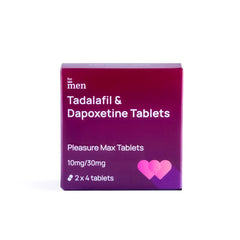
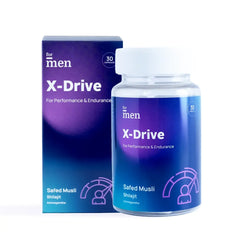
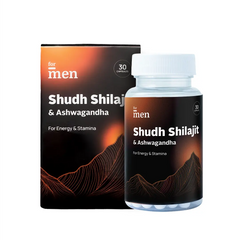
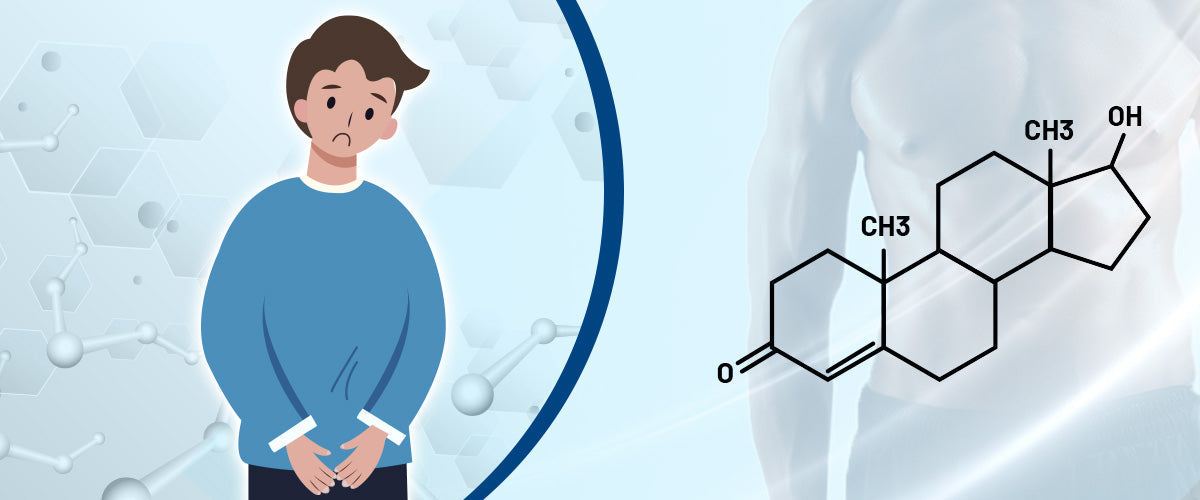
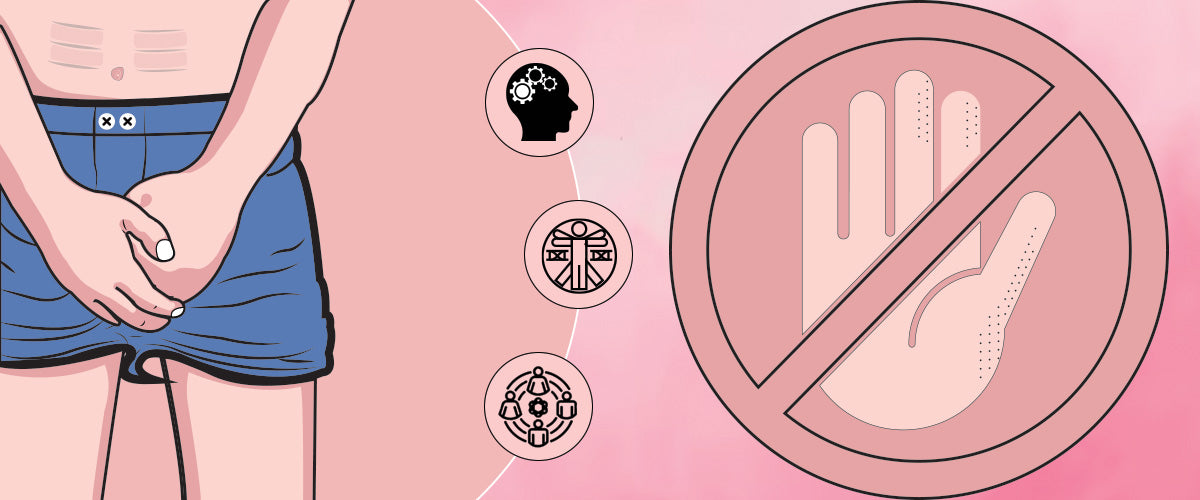
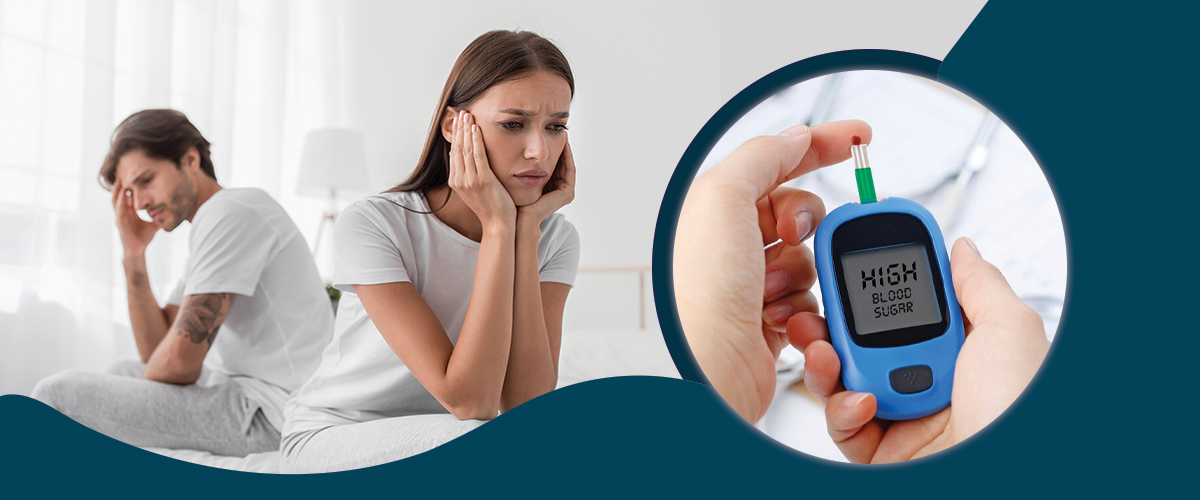
Leave a comment